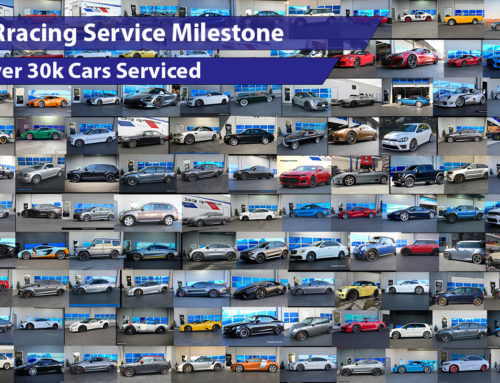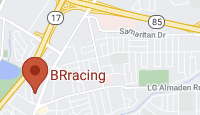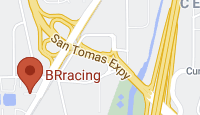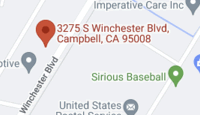In the past, an online seller (Internet Sale) who sold to customers located in a particular state had to have some physical presence in that state before the state could require the seller to collect and pay state sales tax. Think of online car parts retailers like Amazon, ECStuning, Turner Motorsports, Tire Rack, Pelican Parts, etc. However, the requirement for physical presence was overturned in the Supreme Court’s decision in South Dakota v. Wayfair Inc. in 2018. Like many other states, California has updated its laws for Internet sellers in the wake of Wayfair. California calls sales taxes collected by out-of-state sellers “use taxes,” but they are the same as sales taxes.
New Rules on Collecting Sales Tax for Remote Sellers
Effective April 1, 2019, retailers located outside of California (remote sellers, Internet Sales) are required to register with the California Department of Tax and Fee Administration (CDTFA) and collect California sales tax if they sell more than $500,000 in tangible personal property for delivery in California. The registration requirement applies if you sold more than $500,000 in property during the prior calendar year. It also comes into effect any time you sell more than $500,000 during the current year. For example, if they had more than $500,000 in California sales during 2018, they must register and collect sales taxes.
These rules apply to all remote sellers located outside of California that sell tangible goods for delivery into California through the Internet, mail-order catalogs, telephone, or by any other means. The $500,000 sales threshold includes sales made by the retailer itself and people related to the retailer. This includes family members and any person or entity that owns 50% or more of the retailer’s business.
These new rules supersede all of California’s prior tax collection requirements for all retailers.
If they make their California sales though an online marketplace such as Amazon, they must still register with the CDTFA. However, the online marketplace may collect and pay the sales taxes on your behalf. If they make sales directly from their own website, they must collect and pay these taxes.
Retailers with a Physical Presence in California
Even if they don’t meet the $500,000 sales threshold, they’ll still need to register with the CDTFA if their business has a physical presence in California. Examples of a physical presence in the state include, but are not limited to:
- maintaining inventory or office locations in California
- having representatives in California to take orders, make sales or deliveries, or install or assemble tangible personal property; and
- leasing equipment, including computer servers, in California.
Think of CA retailers like GMG, BBi, TRG, Tarett, APEX Wheels.
Online versus Local Shop
Up to this point, there was an advantage in buying parts online, versus buying the same part from a local retailer or shop. As the online retailer did not have to charge CA sales tax, but the local shop did. However, that will no longer be the case. Whether you buy online, or from a local shop, California will now require sales tax to be collected on the sale.





Leave A Comment
You must be logged in to post a comment.